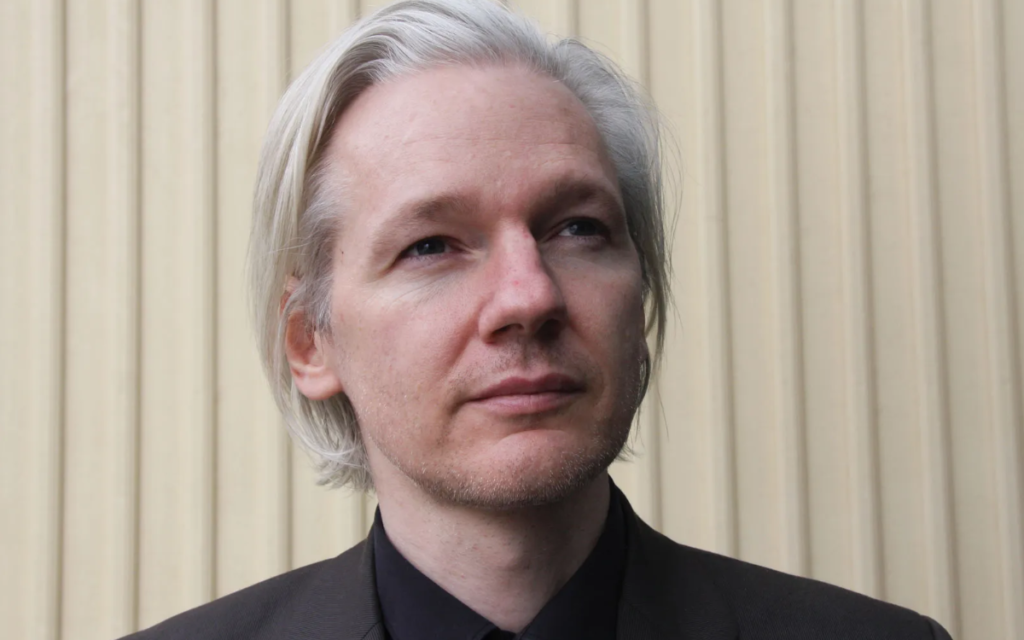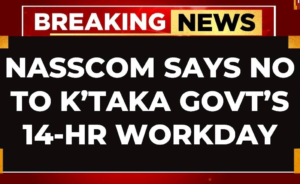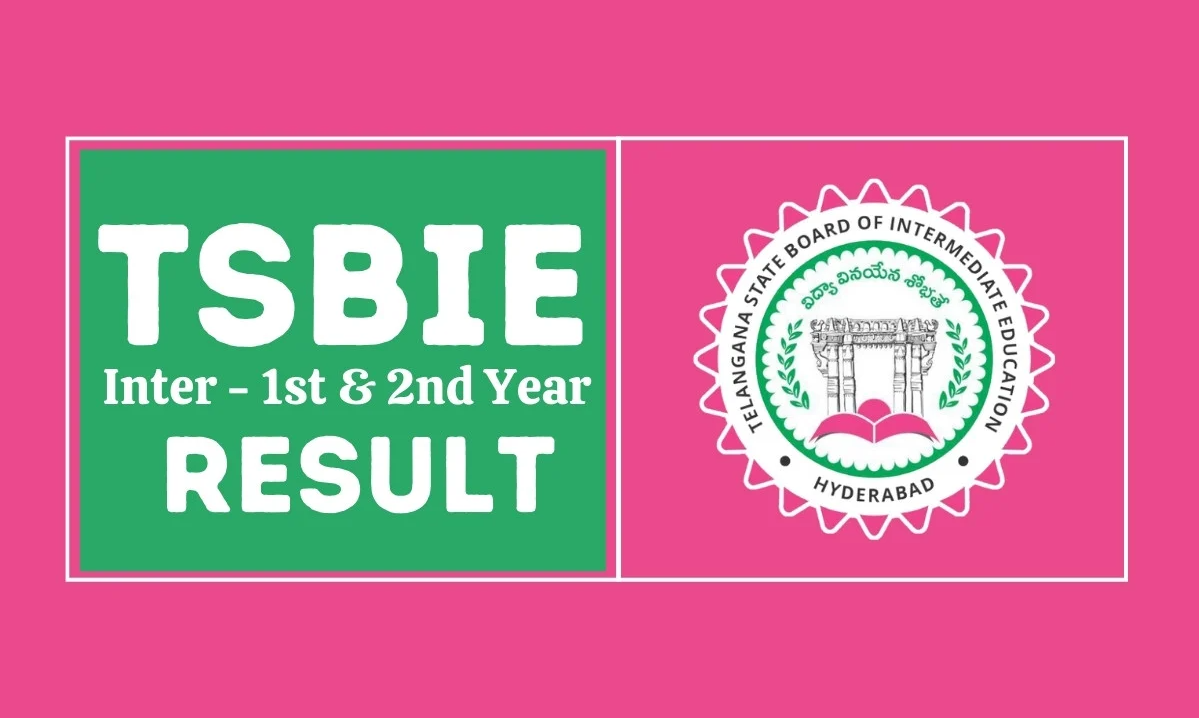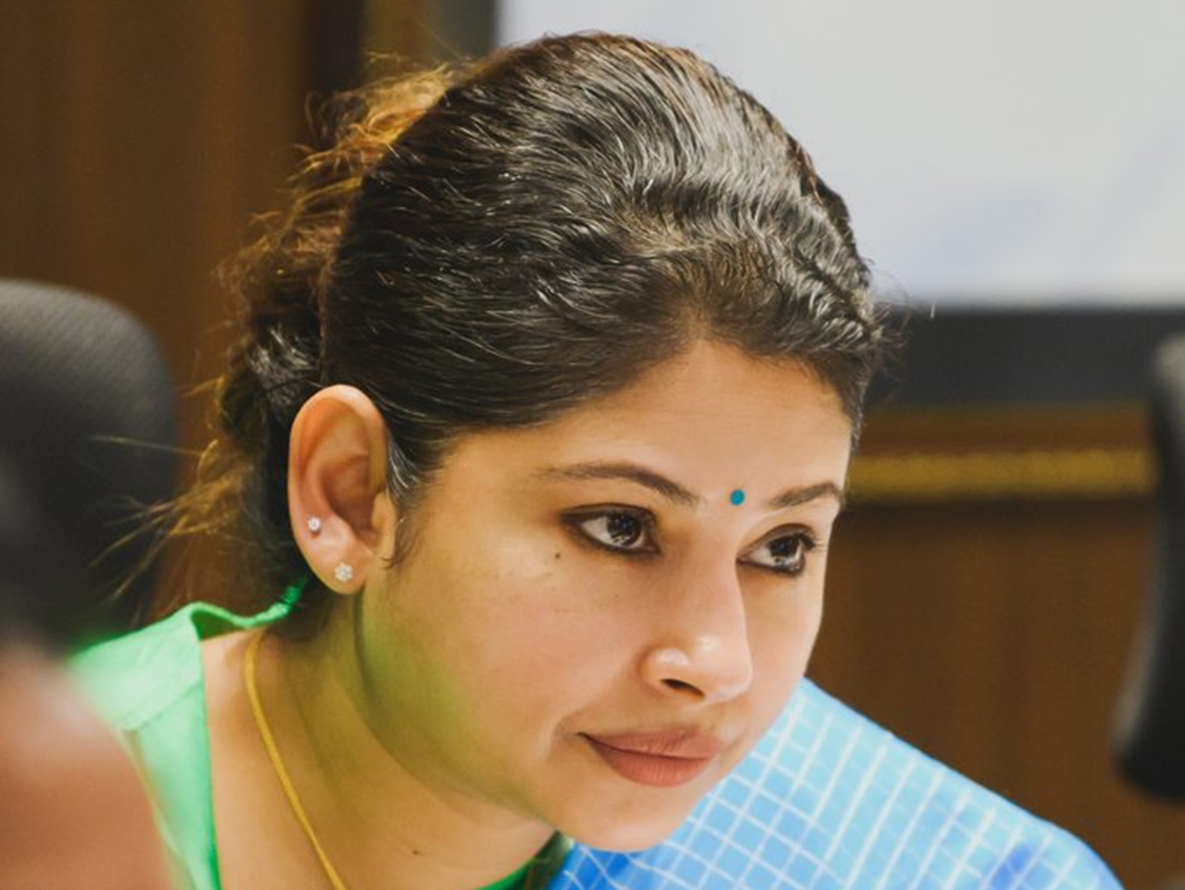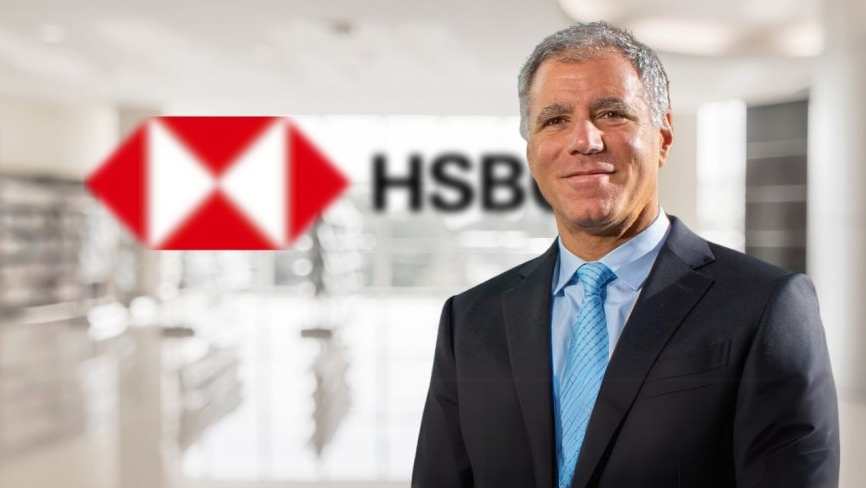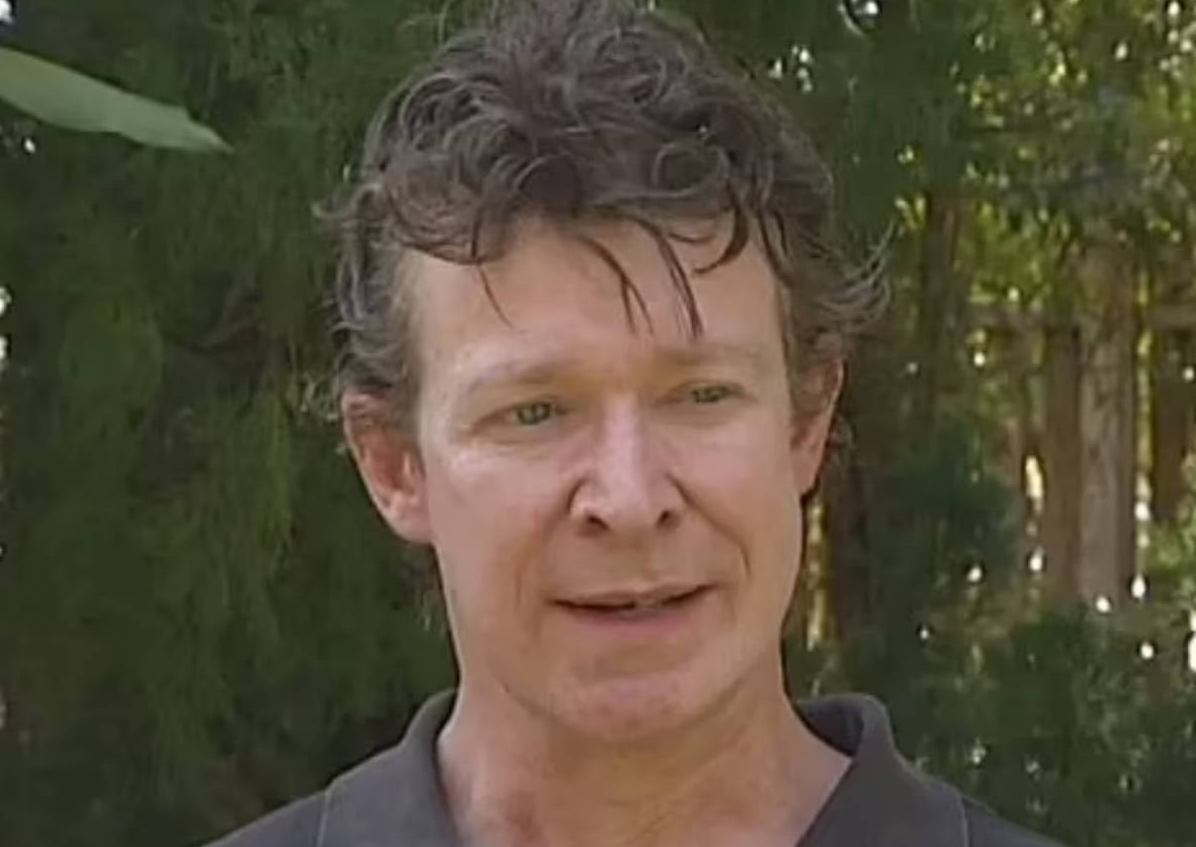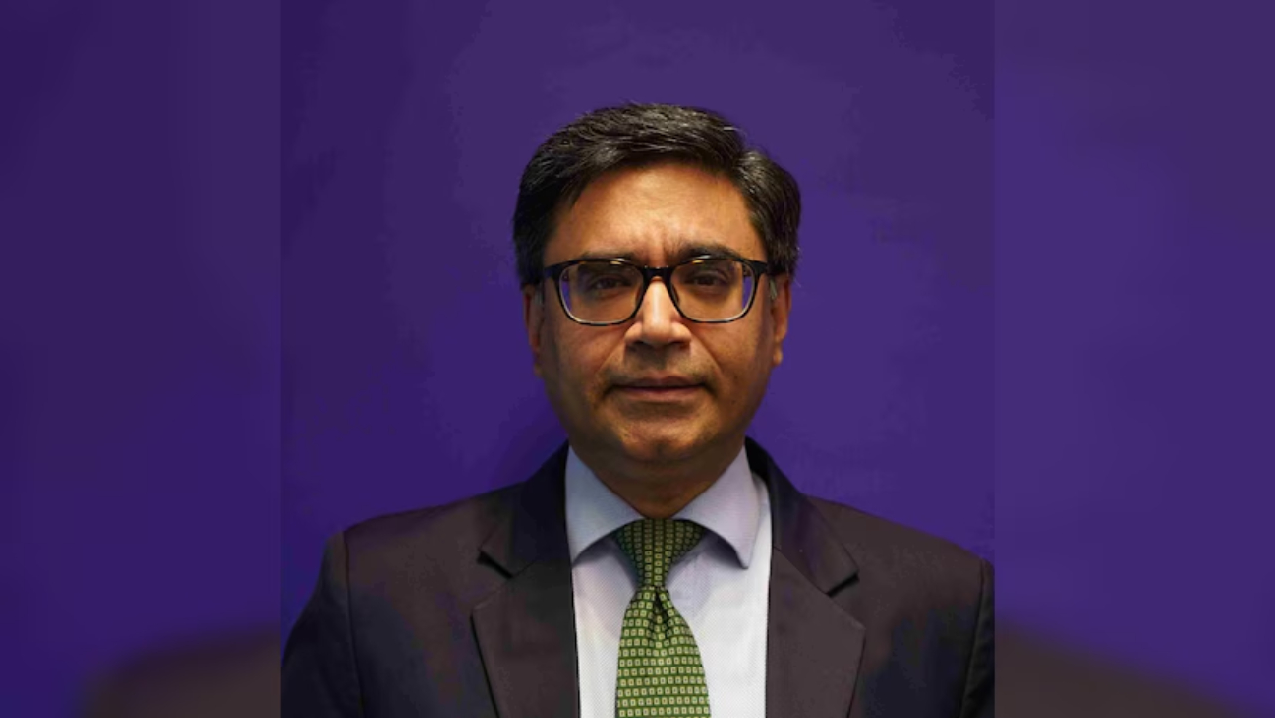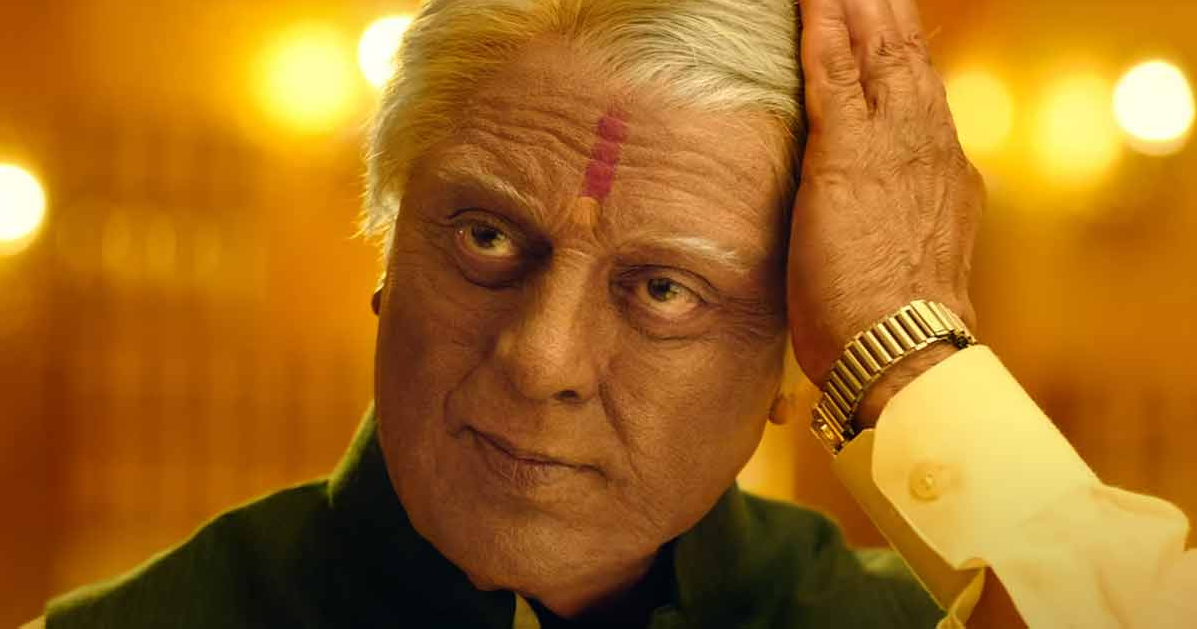In a significant development, the High Court of the United Kingdom has granted WikiLeaks founder Julian Assange permission to appeal against an extradition order to the United States. Assange’s legal battle, which has spanned several years, centers around his potential extradition to the U.S., where he faces espionage charges related to the publication of classified information.
Background
Julian Assange, known for his role in founding the whistleblower platform WikiLeaks, has been at the center of a legal saga. Here are the key points:
- Extradition Order: The U.S. government sought Assange’s extradition to face charges related to the publication of sensitive documents on WikiLeaks. These documents included information about the wars in Afghanistan and Iraq.
- Assurances and Appeals: Assange’s lawyers argued that the U.S. provided “blatantly inadequate” assurances regarding his rights to free press protections. The U.K. court had previously requested satisfactory assurances from the U.S. government.
- High Court Decision: On May 20, 2024, the High Court in London ruled that the U.S. assurances were unsatisfactory. As a result, he will have a full appeal hearing to challenge the extradition order.
Implications
If extradited to the U.S., Assange could face a staggering 175-year prison sentence for his role in publishing classified information. His case has drawn international attention and sparked debates about press freedom, government transparency, and the rights of whistleblowers.
Assange’s supporters, including his wife Stella, expressed relief at the court’s decision but also voiced concern about the toll the prolonged legal battle has taken on his health. Stella Assange called on the U.S. Justice Department to reconsider its stance.
Charges on Assange
The U.S. indictment against Assange includes 17 counts of espionage and one charge of computer intrusion. He is alleged to have conspired with former U.S. Army intelligence analyst Chelsea Manning to obtain and disclose classified documents related to national defense1.
As the appeal process unfolds, the world watches closely, awaiting the final resolution of this high-profile case.


